President Muhammadu Buhari and members of his family on Sunday observed the Eid-El-Fitr prayer at the presidential quarters in line with the protocol against mass gathering issued by the Presidential Task Force on COVID-19.
The protocol of social distancing was also exhibited during the two-raka’at prayer.
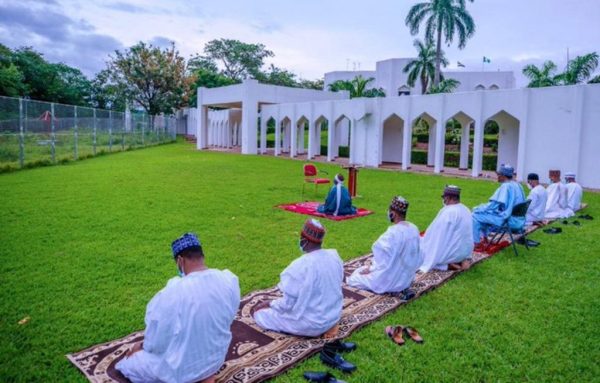
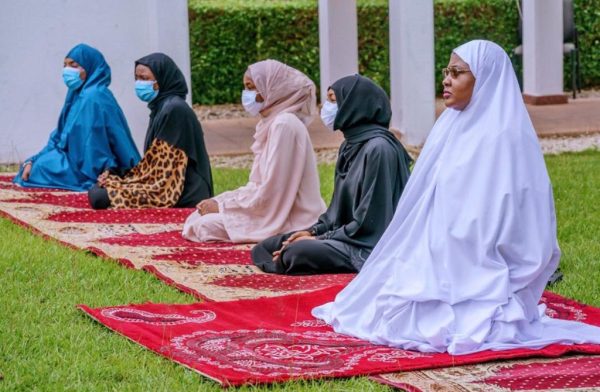
President Buhari had on May 22 pledged to conduct his Eid prayers with his family at home as directed by the Sultan of Sokoto, Alhaji Sa’ad Abubakar III, who is also the President General of the Jama’atu Nasril Islam (JNI).
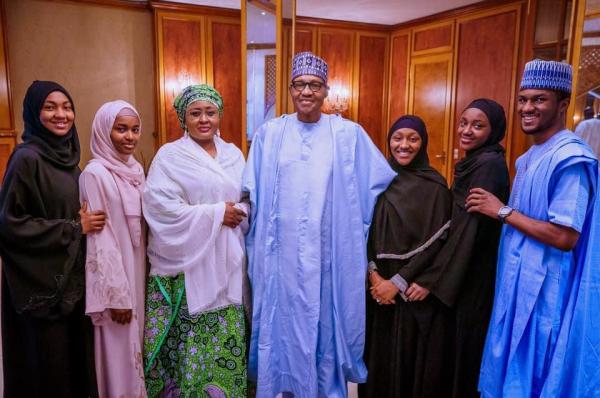
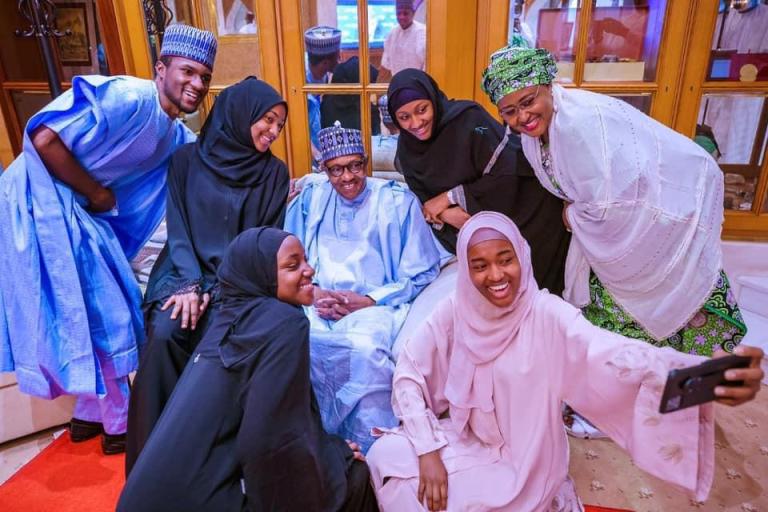
The President, in a statement released by his Senior Special Assistant on Media and Publicity, in Abuja on Friday, said his decision to observe the Eid prayer at home was also in observance of the lockdown measures in the Federal Capital Territory, Abuja, put in place “to save lives and protect people from all dangers.”
Shehu, in the statement, said the president had cancelled the annual traditional Sallah homage being embarked upon by residents of the FCT led by the FCT Minister, to the Presidential Villa, Abuja.
”Further to this, the President who has traditionally shared the joyous moment with top government officials, political leaders, community heads, Muslim and Christian religious leaders and children, will not be receiving these homages in a bid to stop the coronavirus from further spreading,” he added.
It would be recalled that President Buhari had in his this year’s Sallah message released on Friday urged Muslims to keep their spirits up in spite of the coronavirus pandemic.
According to him, the deadly virus which caught the world off guard, and has put a damper on what would otherwise have been ”a time of celebration for the Muslim faithful to mark the end of the Ramadan fasting period.”
The President said: “For the first time in recent years, the COVID-19 pandemic has taken a heavy toll on the people’s spiritual, social and economic lives.
”This year’s fasting period was particularly challenging for Muslims because they had to forgo many important aspects of their daily worship, including the routine congregations for prayer and the recitation and interpretation of the Holy Qur’an as well as traveling for the lesser pilgrimage to Makkah.
“It is not easy to give up many of these important duties and activities, but it became imperative to do so in order to control or limit the spread of this deadly disease.”




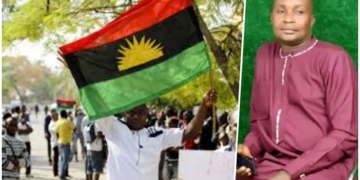

Discussion about this post